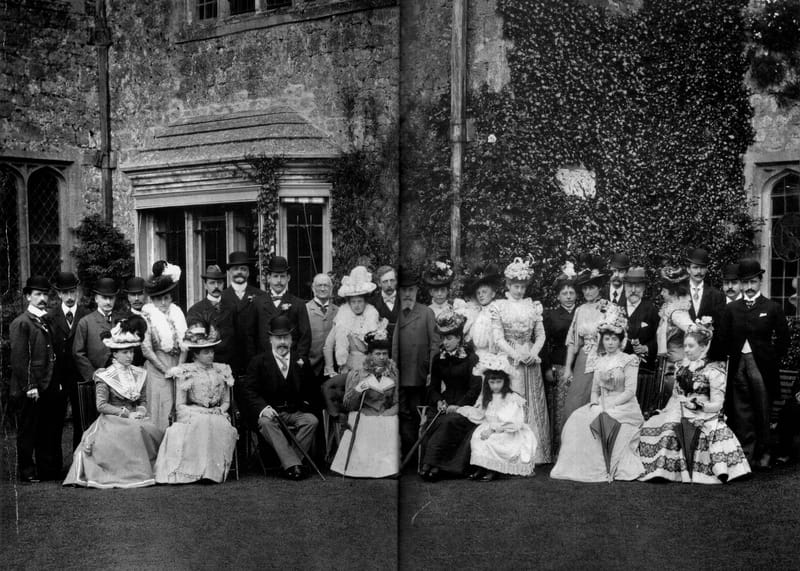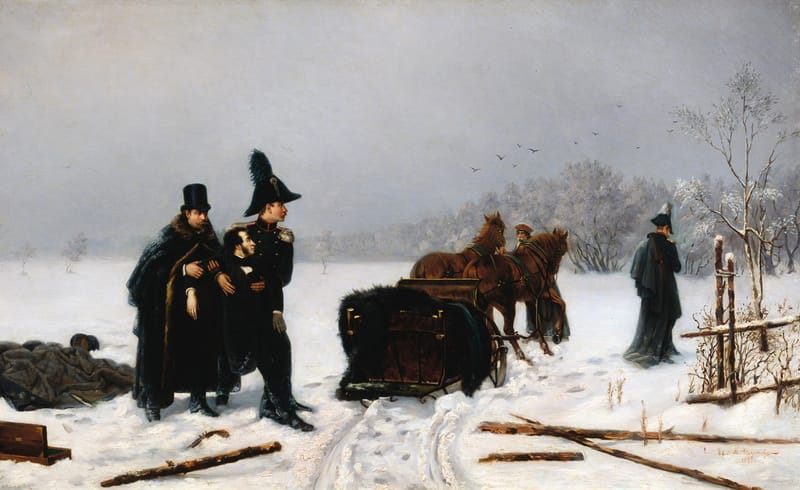The Propaganda Girls
Lisa Rogak introduces us to four women whose guile and imagination found a novel outlet in World War Two
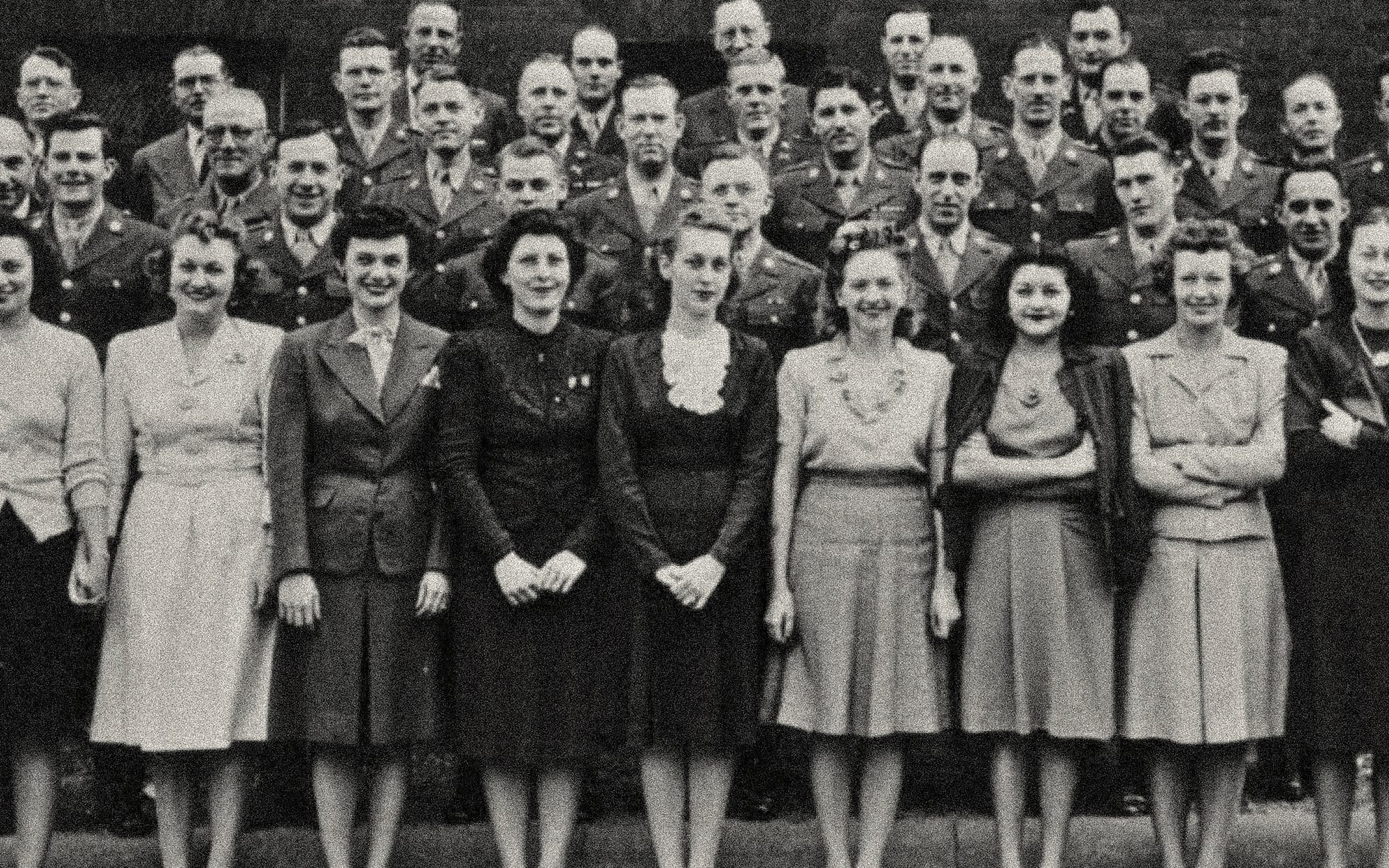
The destructive years of World War Two brought new opportunities for women. As millions of men were called up and dispatched on military postings across the globe, women were left to transcend the old constrained lives.
In her new book, Propaganda Girls, the New York Times bestselling author Lisa Rogak relates the extraordinary story of one such group who became known as 'Donovan's Dreamers'.
Each of the four women in this group were clever, creative and determined. Assigned to the US Office of Strategic Services, their days were given over to the creation of misleading, enticing and suggestive material.
Here Rogak introduces us to the secret women of World War Two intelligence.

Excerpted from Lisa Rogak's Propaganda Girls: The Secret Women of World War Two Intelligence
During the last brutal eighteen months of World War Two, American troops in the European and Far East theatres began to notice a significant uptick in the number of Axis soldiers and collaborators who were surrendering—peacefully and willingly—to the Allies.
Defeated German and Japanese troops stumbled across enemy lines in Europe and Asia with one hand thrust in the air, waving a piece of paper with the other. In some cases, it was a tattered scrap of fabric fashioned into the globally recognized white flag of surrender.
But many of the war-weary soldiers brandished leaflets, newspapers, and letters that had served as their personal breaking points, convincing them that theirs was a war that was no longer worth fighting for. One half-starved German even handed over a couple sheets of rough toilet paper with Hitler’s face printed on it as his ticket out of the war.
The Allied welcoming committee patted down the enemy soldiers before sending them on to intelligence officers, followed by the first good meal they’d had in months. They tossed the well-creased, sweat-stained papers in the burn pile along with their enemies’ threadbare uniforms.
Neither the Allied nor Axis soldiers realized it, but many of the broadsides, pamphlets, and other documents the defectors presented in surrender came from a common source. What’s more, they were totally fake, a secret brand of propaganda produced by a small group of women who spent the last years of the war conjuring up lies, stories, and rumors with the sole aim to break the morale of Axis soldiers.
These women worked in the European theater, across enemy lines in occupied China, and in Washington, DC, and together and separately, they forged letters and 'official' military orders, wrote and produced entire newspapers, scripted radio broadcasts and songs, and even developed rumors for undercover spies and double agents to spread to the enemy.
Outside of a small group of spies, no one knew they existed.
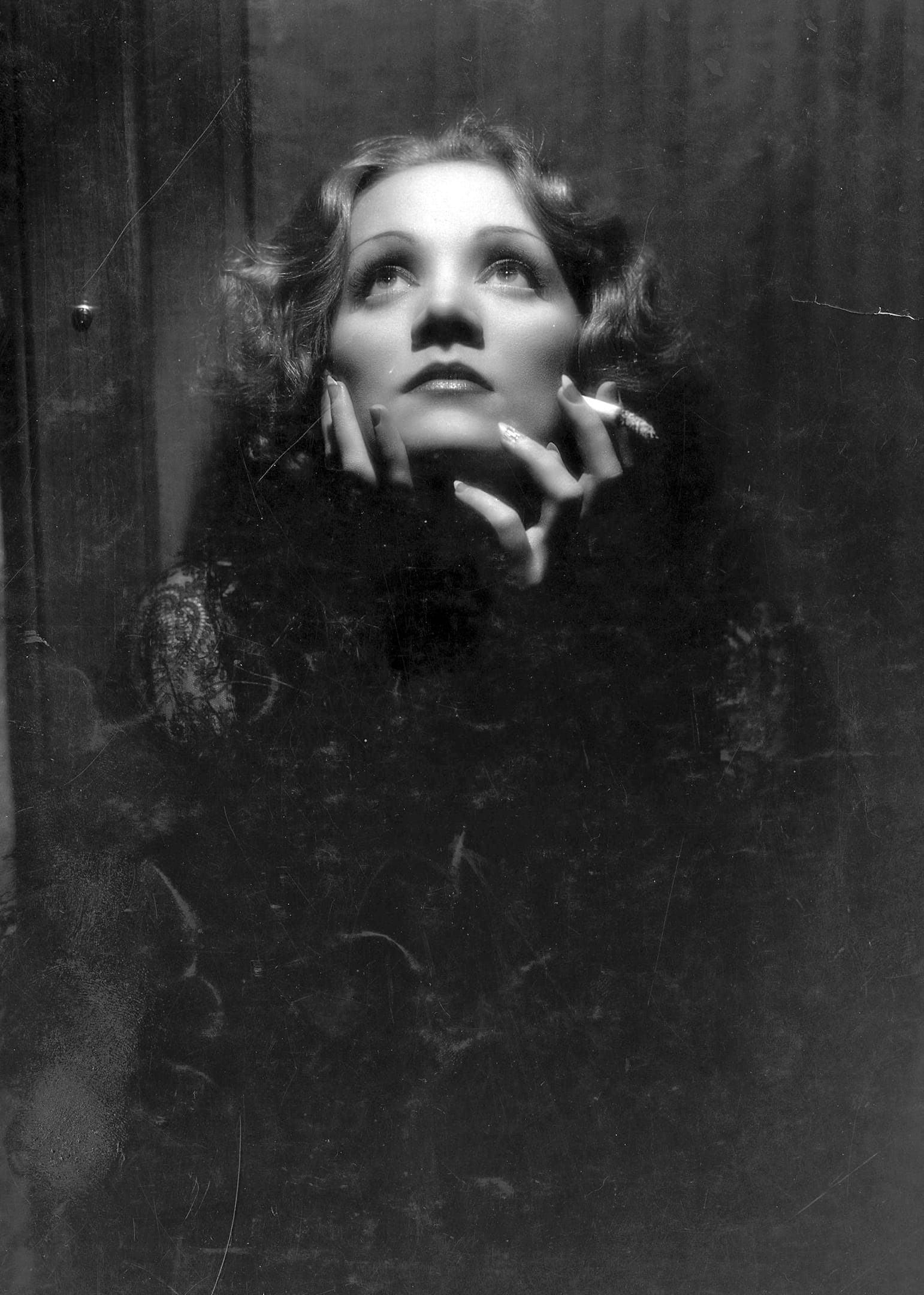

The four women of Propaganda Girls—Elizabeth 'Betty' MacDonald, Jane Smith-Hutton, Barbara 'Zuzka' Lauwers, and celebrated German-American actress Marlene Dietrich—worked for General 'Wild Bill' Donovan’s Office of Strategic Services, or OSS, the precursor of today’s CIA.
Their department, the Morale Operations branch—or MO—was in charge of producing 'black propaganda,' defined as any leaflet, poster, radio broadcast, or other public or private media that appeared to come from within the enemy country, either from a resistance movement or from disgruntled soldiers and civilians. In essence, black propaganda was a series of believable lies designed to cause the enemy soldiers to lose heart and ultimately surrender, but it was also aimed at occupied populations and soldiers captured for cheap labor, to encourage them to rise up against their oppressors and join the winning side.
Donovan, who had studied Nazi black propaganda, knew how effective these tactics could be. 'Subtly planned rumor and propaganda [can] subvert people from allegiance to their own country,' he said. 'It is essentially a weapon of exploitation, and if successful can be more effective than a shooting war.' While officers in other departments refused to hire women, Donovan specifically searched them out when he began to staff his new MO branch, as he believed they would excel at creating subversive materials.
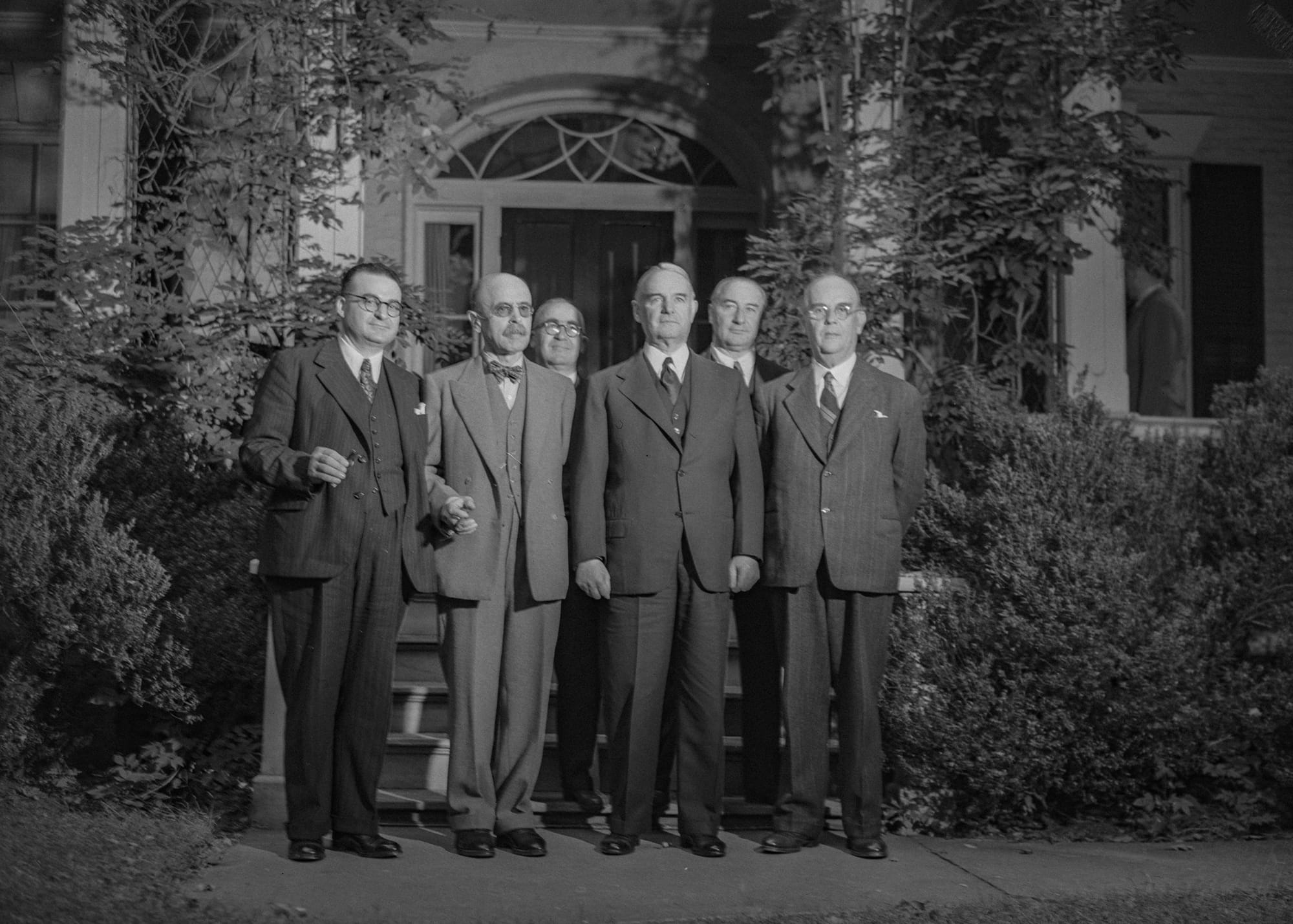
'General Donovan believed that we could do things that the men couldn’t,' Betty said years later. 'We were able to think of a lot of gossipy things to do for MO that men never would have thought of. I don’t want to brag, but women can hurt people better, maybe, than men could think of. Women seemed to have a feeling for how to really fool people.'
Donovan liked quirky people, and Betty, Zuzka, Jane, and Marlene definitely fit the bill. All had careers that were highly unusual for women in the 1930s and ’40s, and they all yearned to escape the gender restrictions of the day that dictated they be mothers and wives, or teachers or nurses if they absolutely had to work. They all wanted more than their present lives provided, though they never lost sight of the fact that their efforts would have just one aim: to help win the war and bring American soldiers back home.
Their motivations for joining the OSS differed—two wanted vengeance, two craved adventure—and one served stateside while three headed overseas. But the one thing they shared in common was that all four were determined to serve their country in the best way they could: by using their brains.

Every office and project in every theater was woefully understaffed, so the women quickly learned to multitask everything while happily taking advantage of the utter lack of supervision to call their own shots. While the women often turned to spies and agents for intel to help them craft their writings, they occasionally had to do the dirty work themselves.
And because the work was so clandestine, when it came to paying contract workers and locals for their assignments, a little bit of creativity was in order: Betty became well practiced at slicing off the exact amount of opium to compensate a Burmese spy, while Zuzka paid a group of German POWs with an afternoon at a local Italian brothel.

The four women loved their jobs along with the autonomy they brought, while at the same time faced a boatload of challenges regardless of where they were serving. The women had to constantly fight for promotions and recognition, as well as deal with rampant sexism. Often, after her workday was done, Betty was called upon to serve coffee and sandwiches to her male coworkers, while Zuzka played cocktail waitress, serving drinks to male officers who she had brainstormed alongside just minutes before.
But they took it in stride. As Zuzka put it, 'Scheuklappen, we were always reminded, German for blinders,' she said. 'Just look straight ahead at what you’re doing, and don’t worry about what the other guys are doing.'
The stakes were high: They knew that not every 'believable lie' they made up worked out, and there was the hard truth that people died as a result of their brainstorms. 'I tried to push it out of my head,' said Betty.
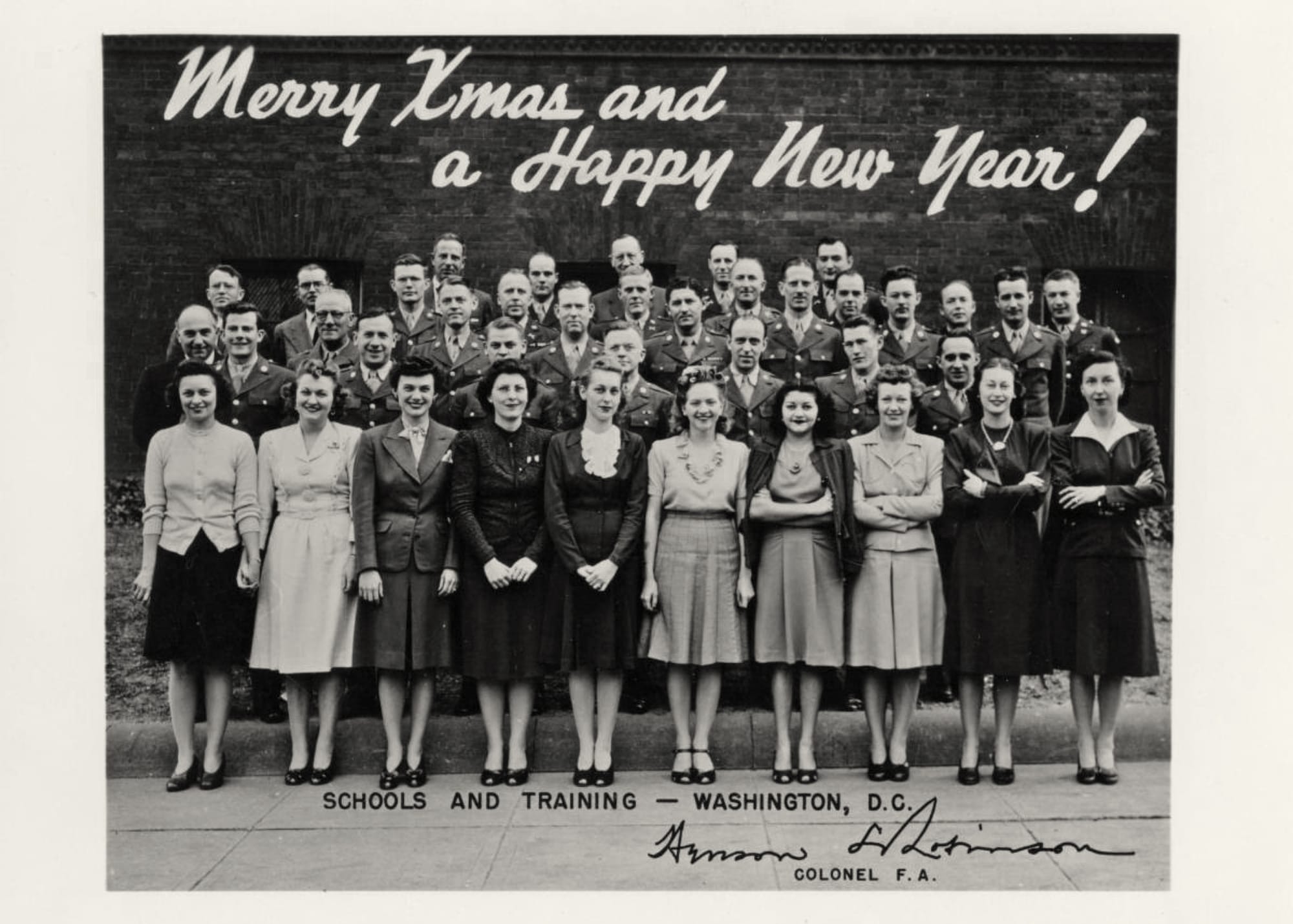
The women also faced constant danger, and their own lives were often at risk: Betty worked in India and behind enemy lines in China, where a sizable contingent of locals didn’t want the Americans interfering in their affairs. Zuzka regularly interrogated German POWs who could snuff out her life with one well-aimed finger to the throat. And Hitler had placed a bounty on Marlene’s capture from the moment she became a US citizen.
But if one more leaflet, radio broadcast, or well-turned phrase would cause just one German soldier to feel that maybe Hitler wasn’t worth fighting for any longer, well then it was worth the twelve-hour days, giant bugs, lousy food, and living in tents thousands of miles from home.
The women were extremely productive over the roughly eighteen months they worked for the OSS, cranking out hundreds of articles, letters, leaflets, and radio scripts. They even intercepted postcards and letters from enemy soldiers, erasing any positive messages and instead adding news of starvation and lost battles to dishearten family back home.

The women had to take particular care to make sure each piece would 'pass,' that civilians and troops would believe it came from a resister or disgruntled soldier from within their own country. If there were any doubts, Allied soldiers could be at risk.
When the women who would become known as Donovan’s Dreamers first came on board, Donovan gave them some plum advice, words that none of the women had heard before:
'If you think it will work, go ahead.'
For these unconventional women, planting victory gardens, wrapping bandages, and buying war bonds wasn’t going to cut it. Wild Bill was happy to help. He needed highly intelligent and creative women who could think on their feet, were fluent in at least one foreign language, and could hit the ground running.
In Betty MacDonald (later McIntosh), Barbara 'Zuzka' Lauwers, Jane Smith-Hutton, and Marlene Dietrich, he had found four of the best 𖡹

Propaganda Girls: The Secret Women of World War II Intelligence
Footnote Press, 6 March, 2025
RRP: £16.99 | ISBN: 978-1804441671
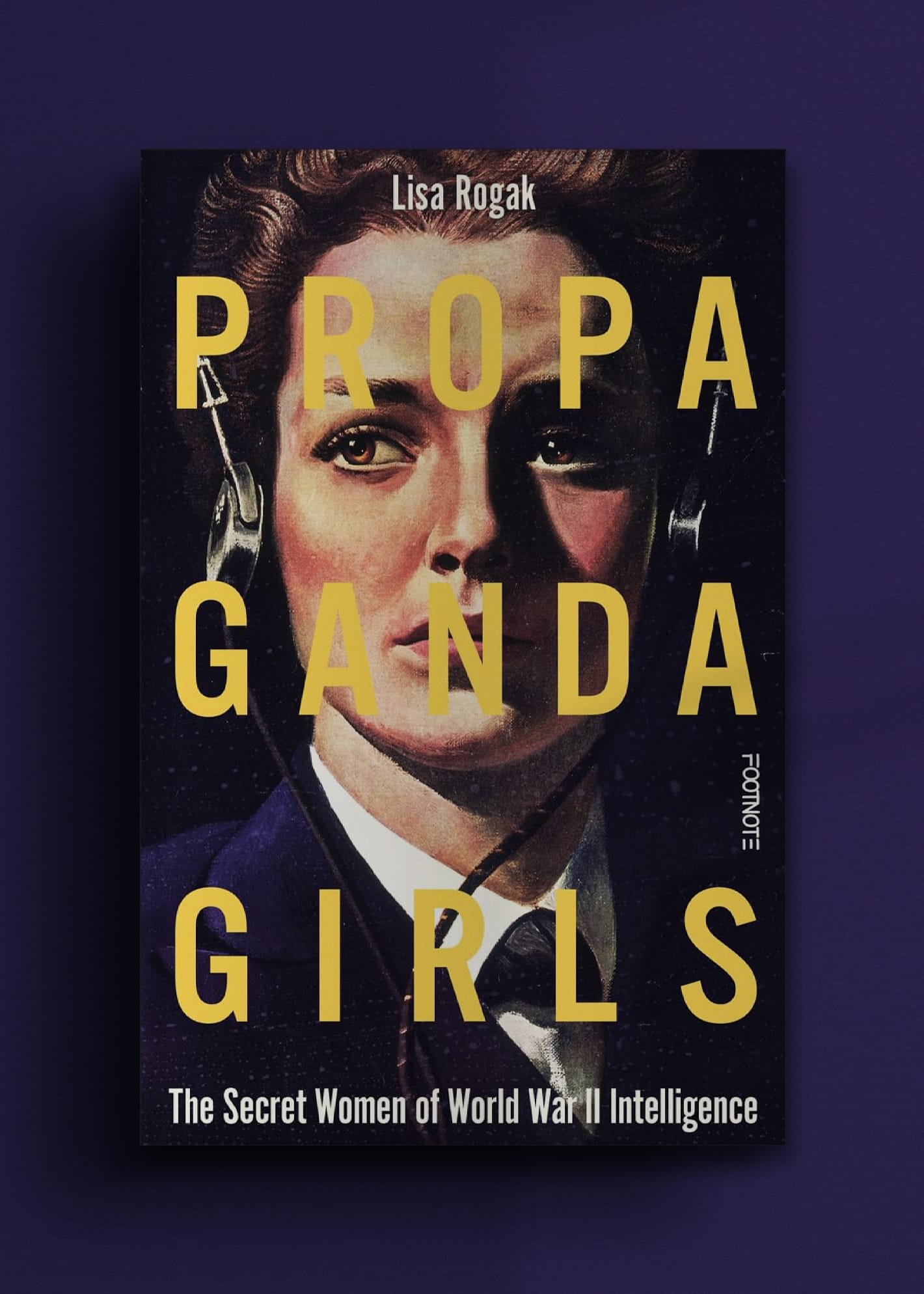
"An astonishing slice of untold WWII history"
– Ric Prado
This is the incredible untold story of four women who helped win World War II by generating a wave of black propaganda.
Betty MacDonald was a 28-year-old reporter from Hawaii. Zuzka Lauwers grew up in a tiny Czechoslovakian village and knew five languages by the time she was 21. Jane Smith-Hutton was the wife of a naval attaché living in Tokyo. Marlene Dietrich, the German-American actress and singer, was one of the biggest stars of the 20th century. These four women, each fascinating in her own right, together contributed to one of the most covert and successful military campaigns in WWII.
Members of the Office of Strategic Services, their task was to create a secret brand of propaganda produced with the sole aim to break the morale of Axis soldiers. Working in Europe, across enemy lines in occupied China and in Washington D.C., Betty, Zuzka, Jane and Marlene forged letters and 'official' military orders, wrote and produced entire newspapers, scripted radio broadcasts and songs and even developed rumours for undercover spies and double agents to spread to the enemy. And outside of a small group of spies, no one knew they existed. Until now.
"A riveting journey into the covert world of female OSS agents who played a pivotal role in securing victory during WWII through strategic cunning, masterful deception, and razor-sharp wit. Readers will be pulled into this gripping account of four women whose unwavering determination and willingness to risk everything helped triumph over the forces of fascism" – Lorissa Rinehart, First to the Front
"Lisa Rogak's extraordinary book centers around a select group of women during World War II who worked for the American Office of Strategic Services ... Through the eyes of Marlene, Betty, Zuzka, and Jane, the reader is transported across enemy lines into the thick of clandestine war operations. Rogak's vivid and engaging narrative launches the reader on a captivating journey. Five star entertainment that both educates and enthrall" – Heath Hardrage Lee, The Mysterious Mrs. Nixon

With thanks to Arabella Watkiss. Author Photograph © Sharona Jacobs



